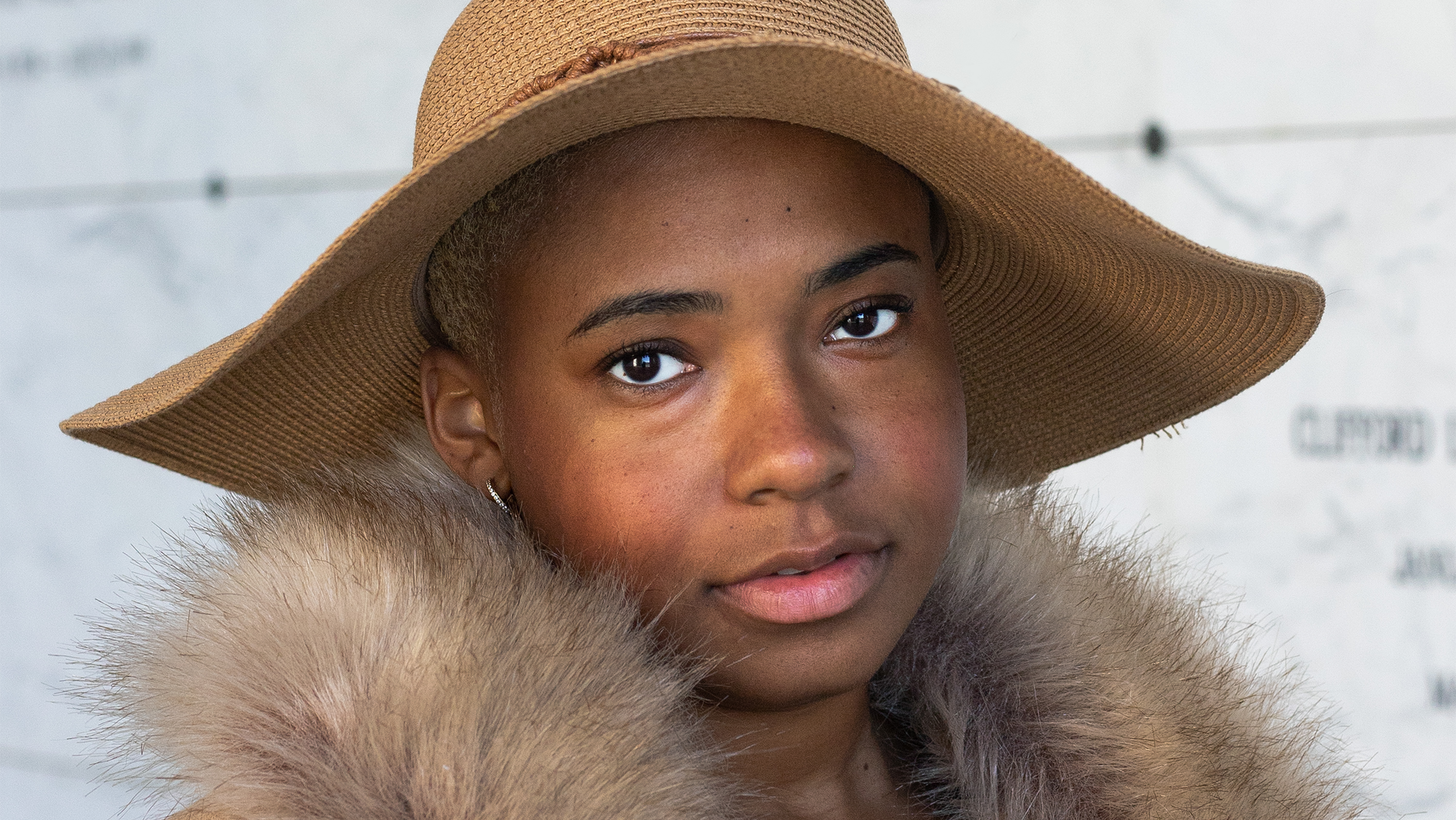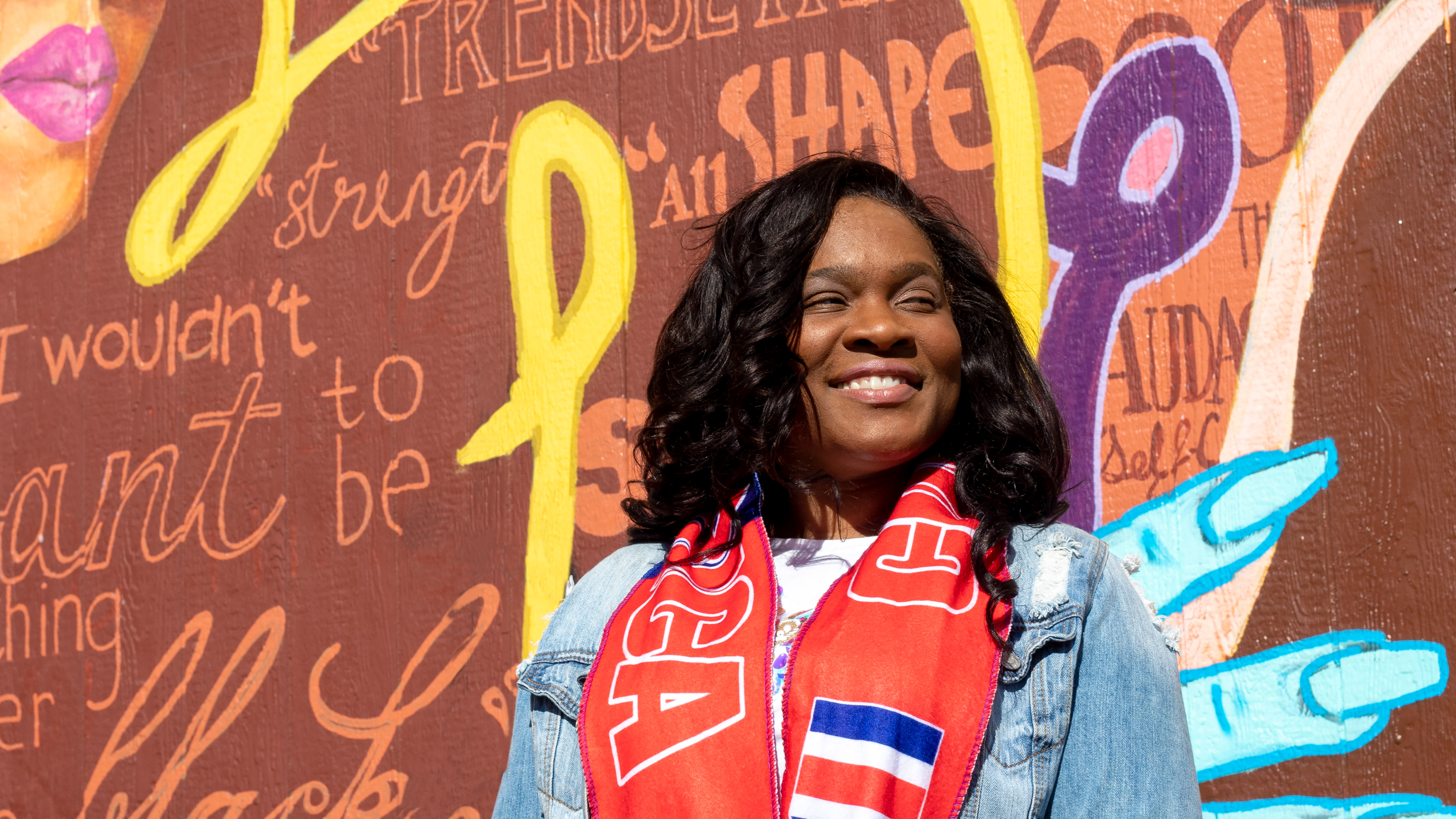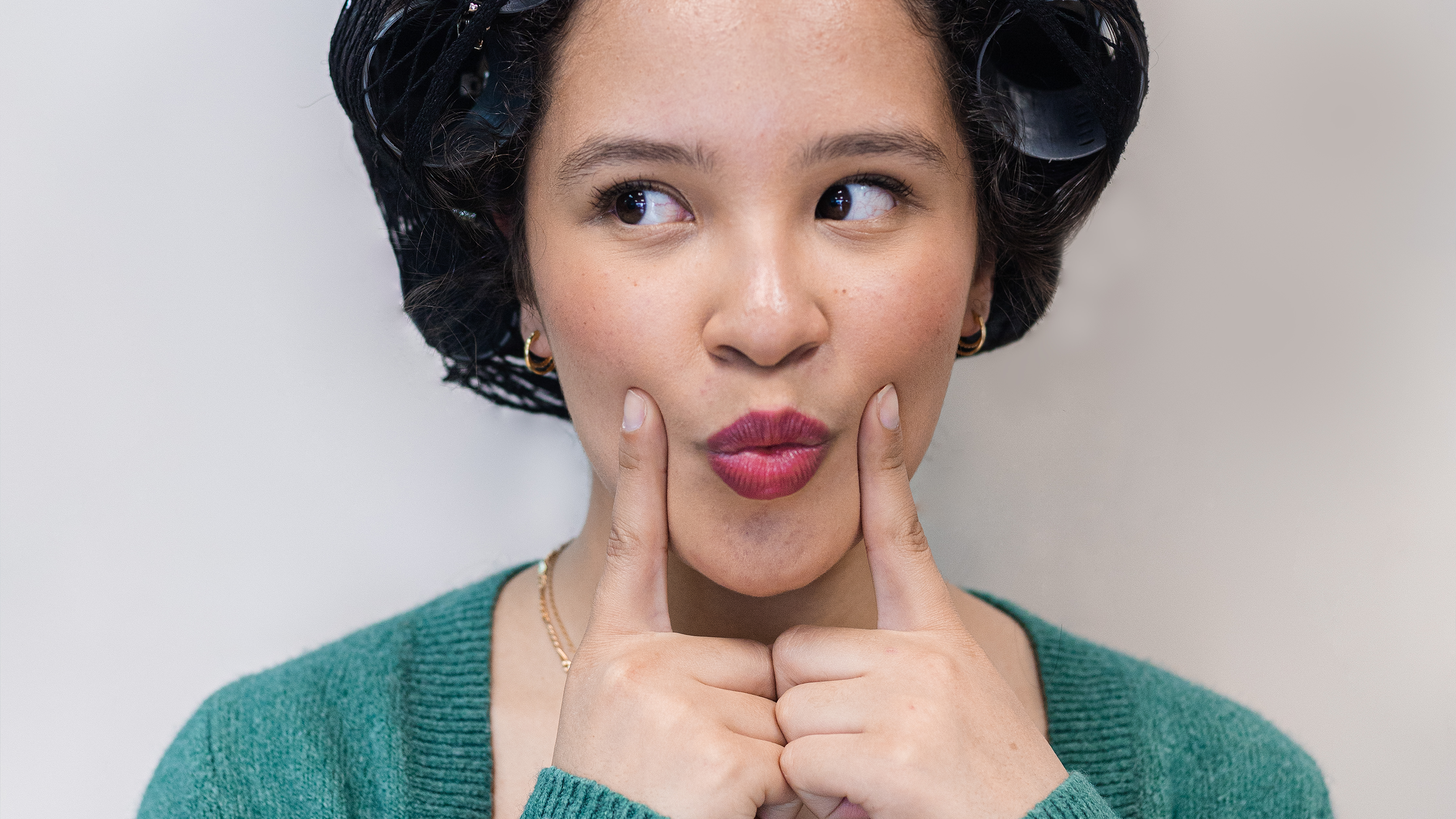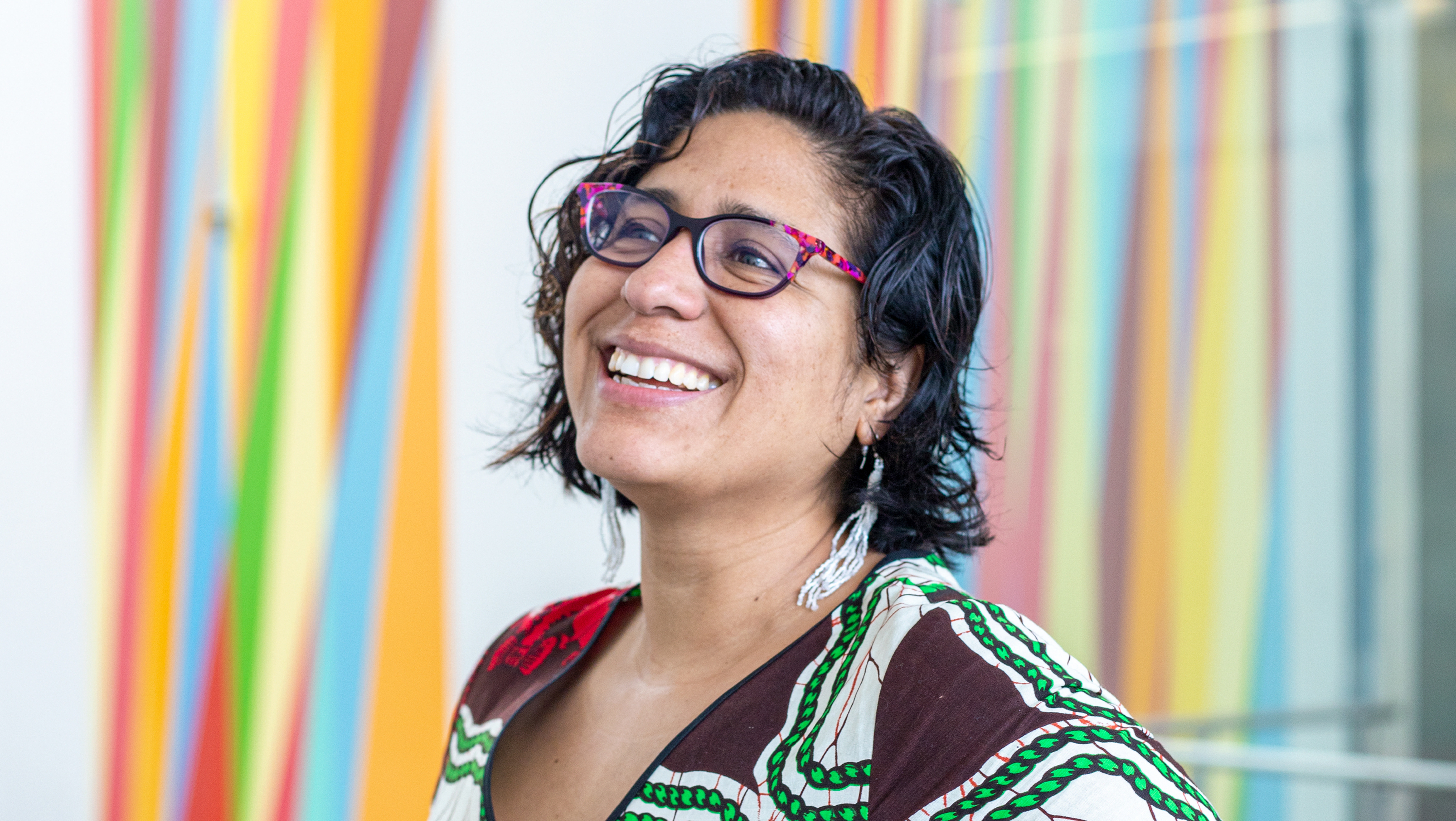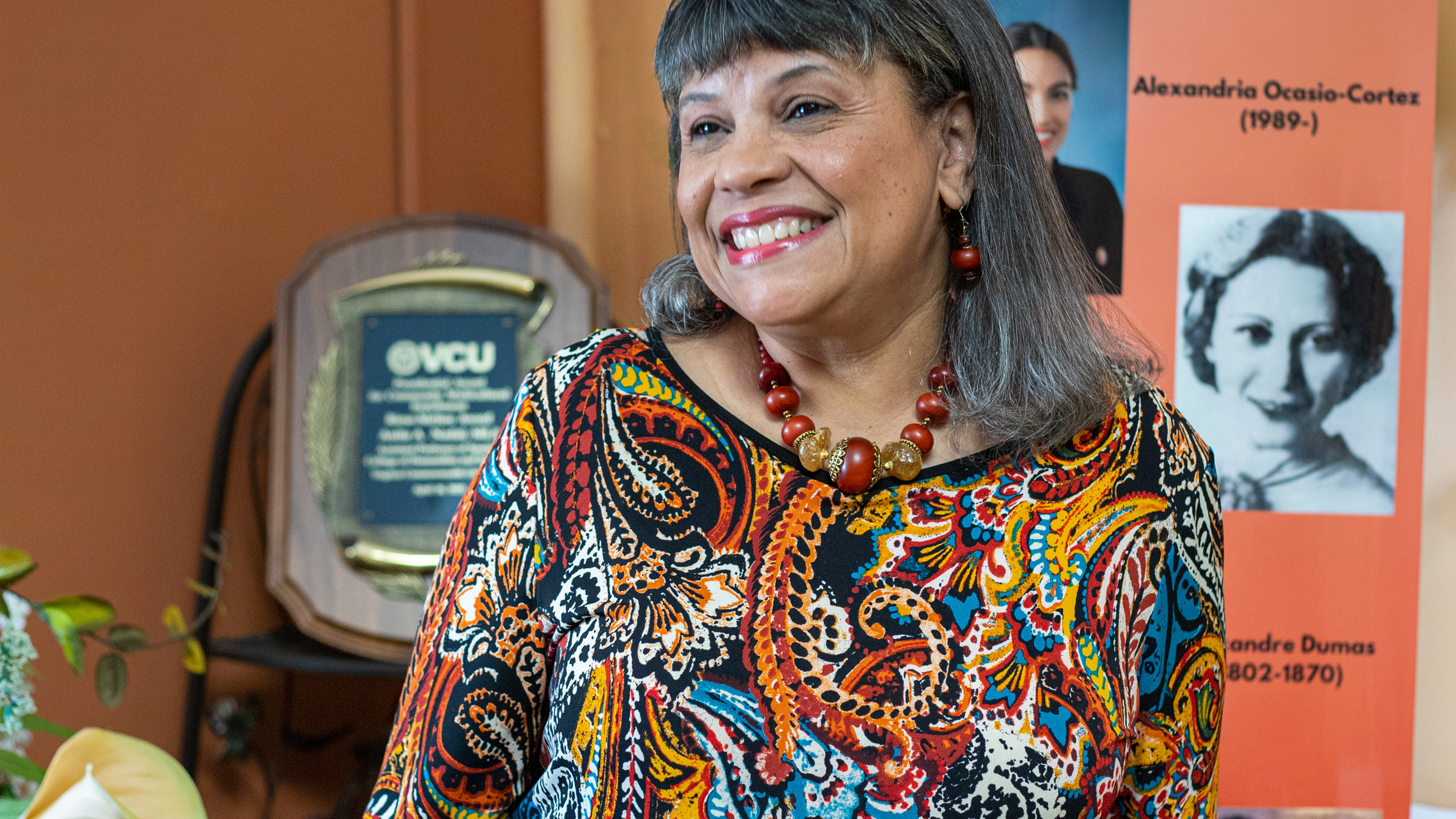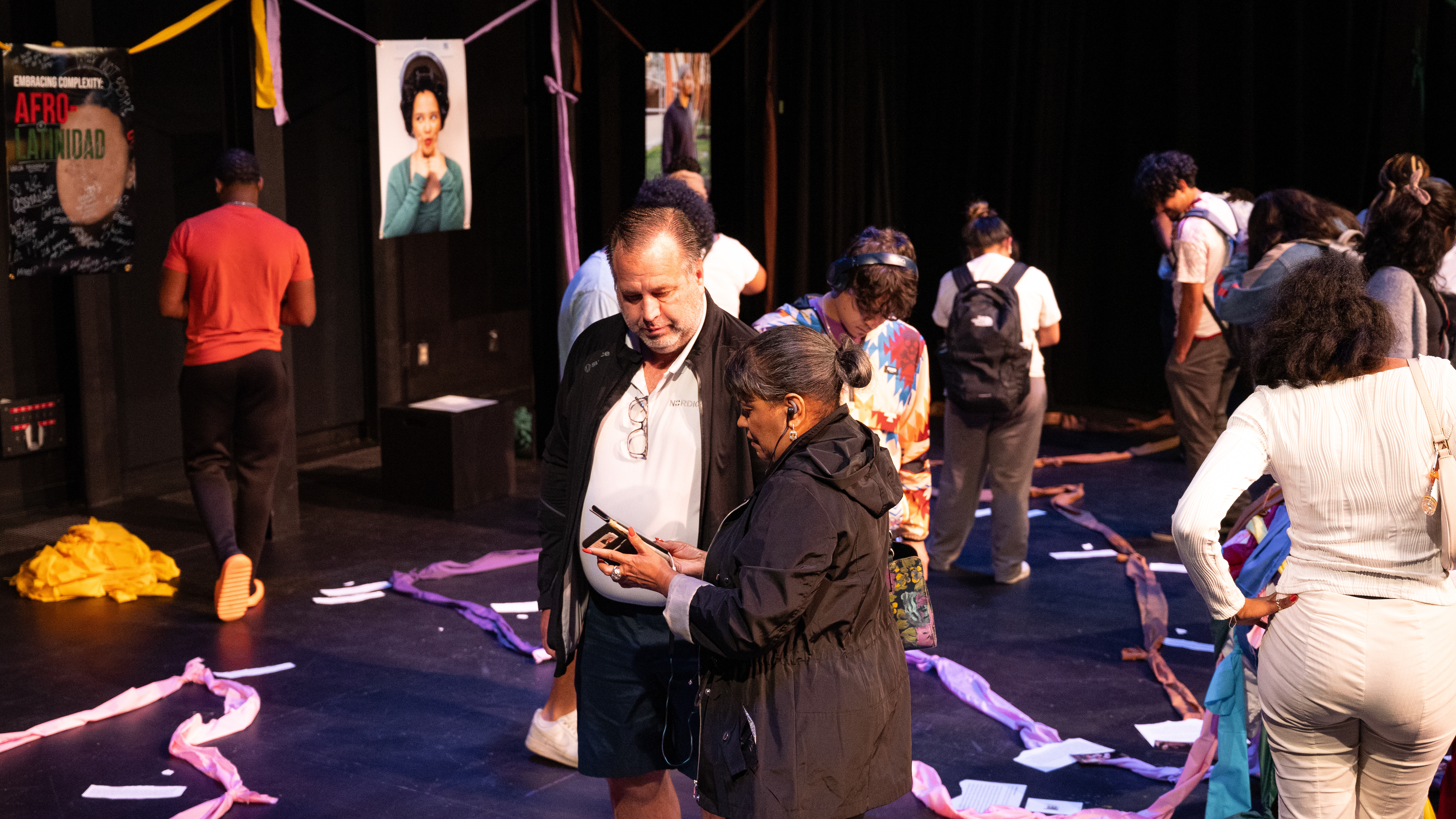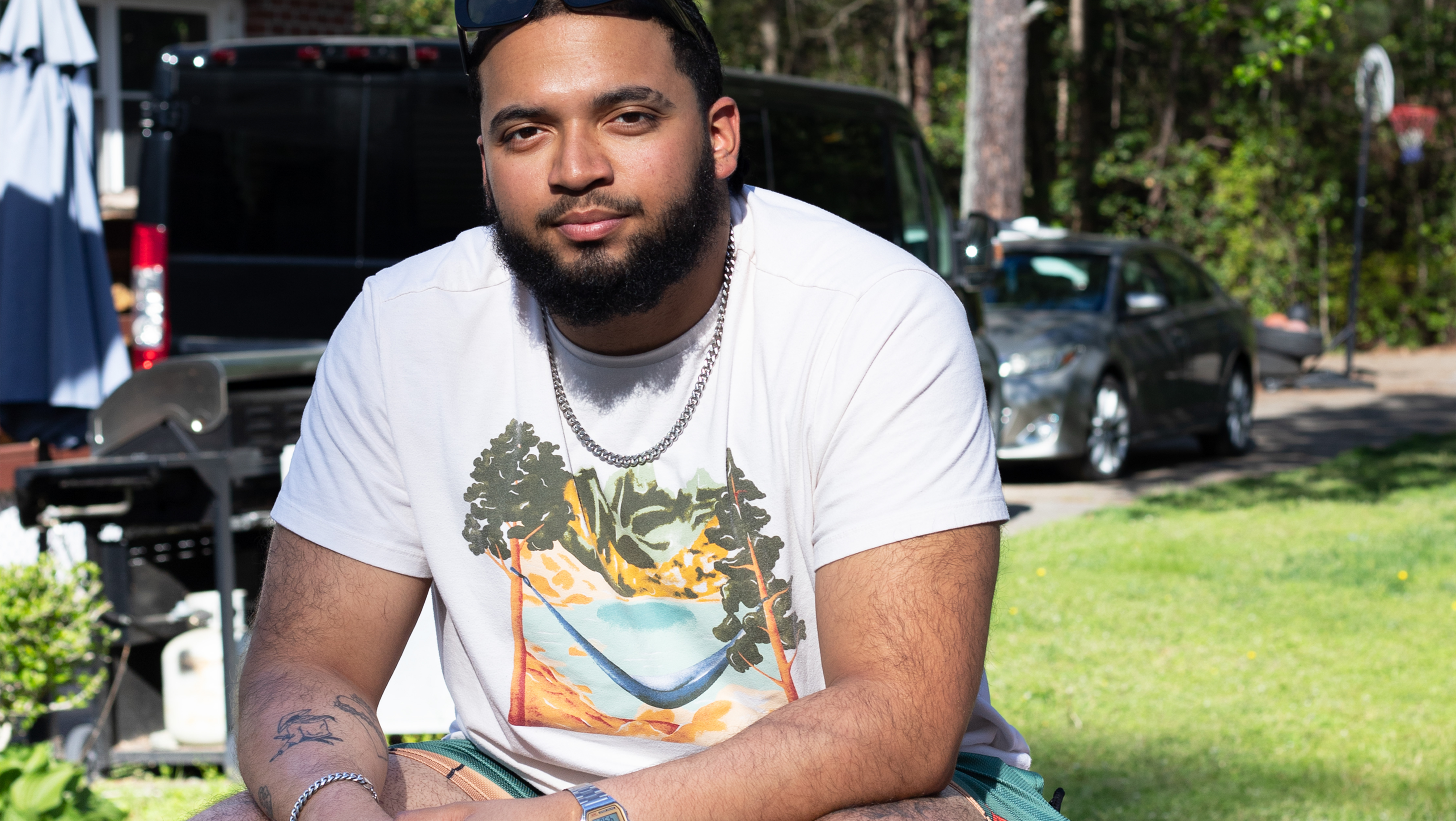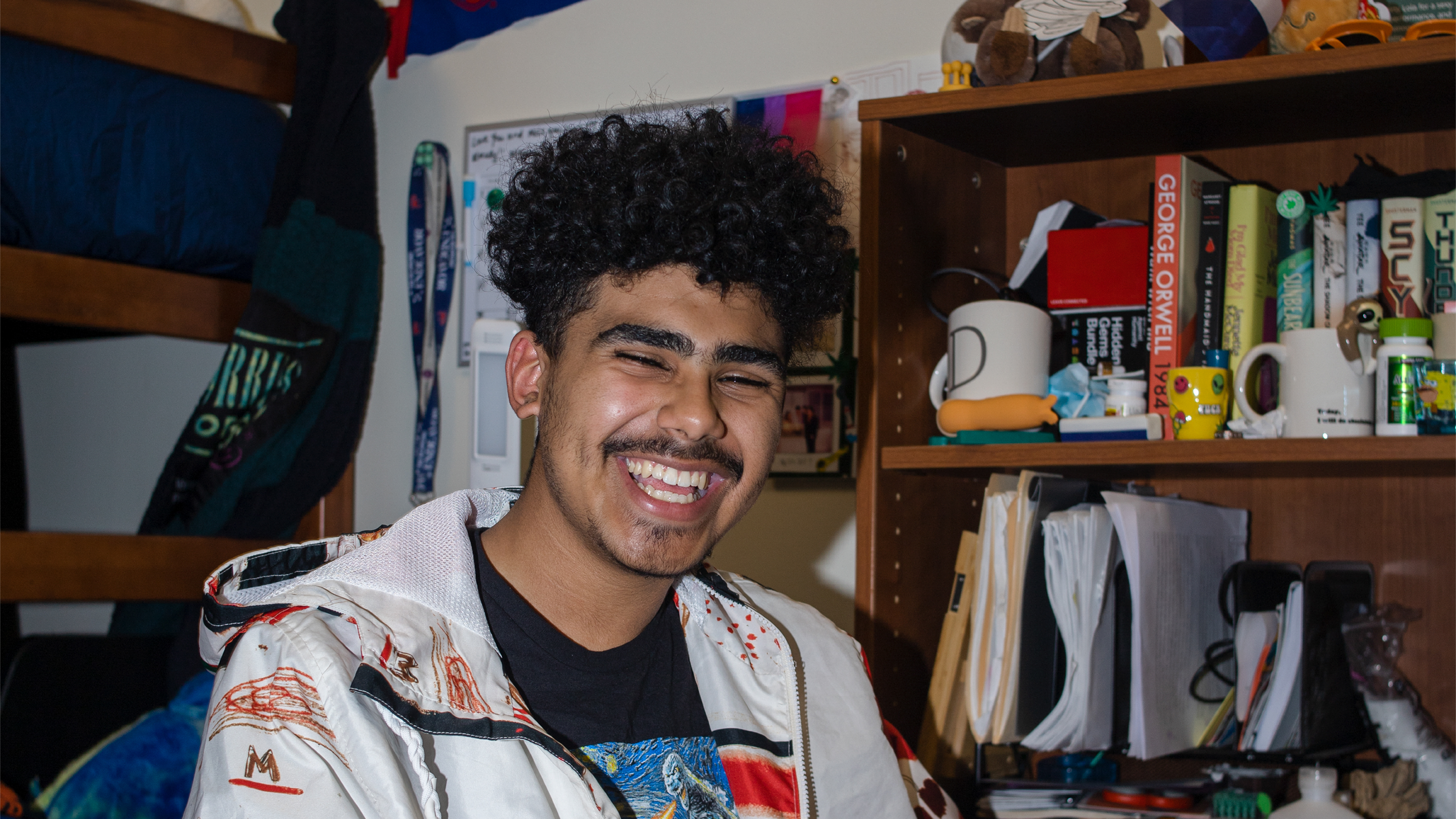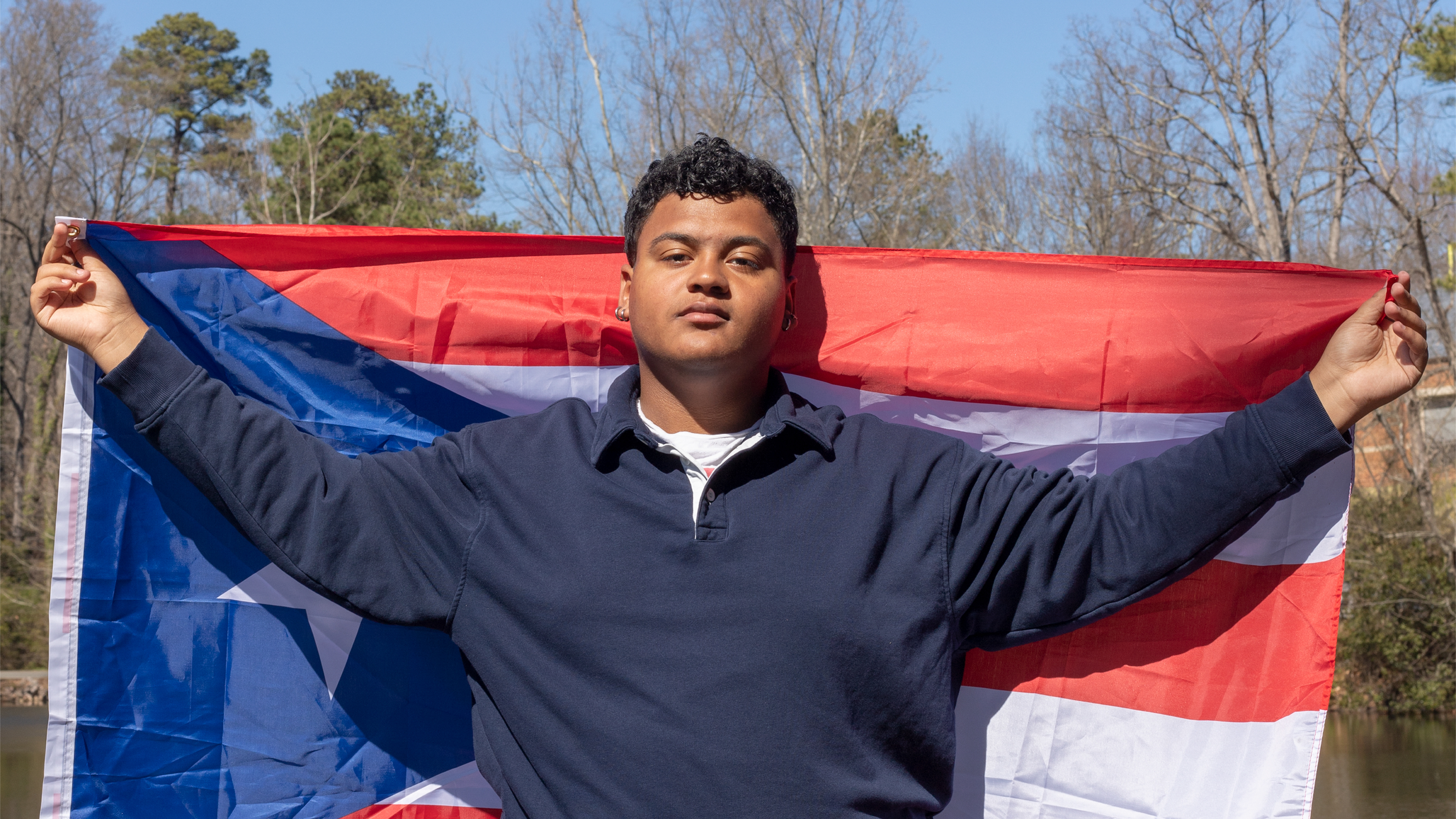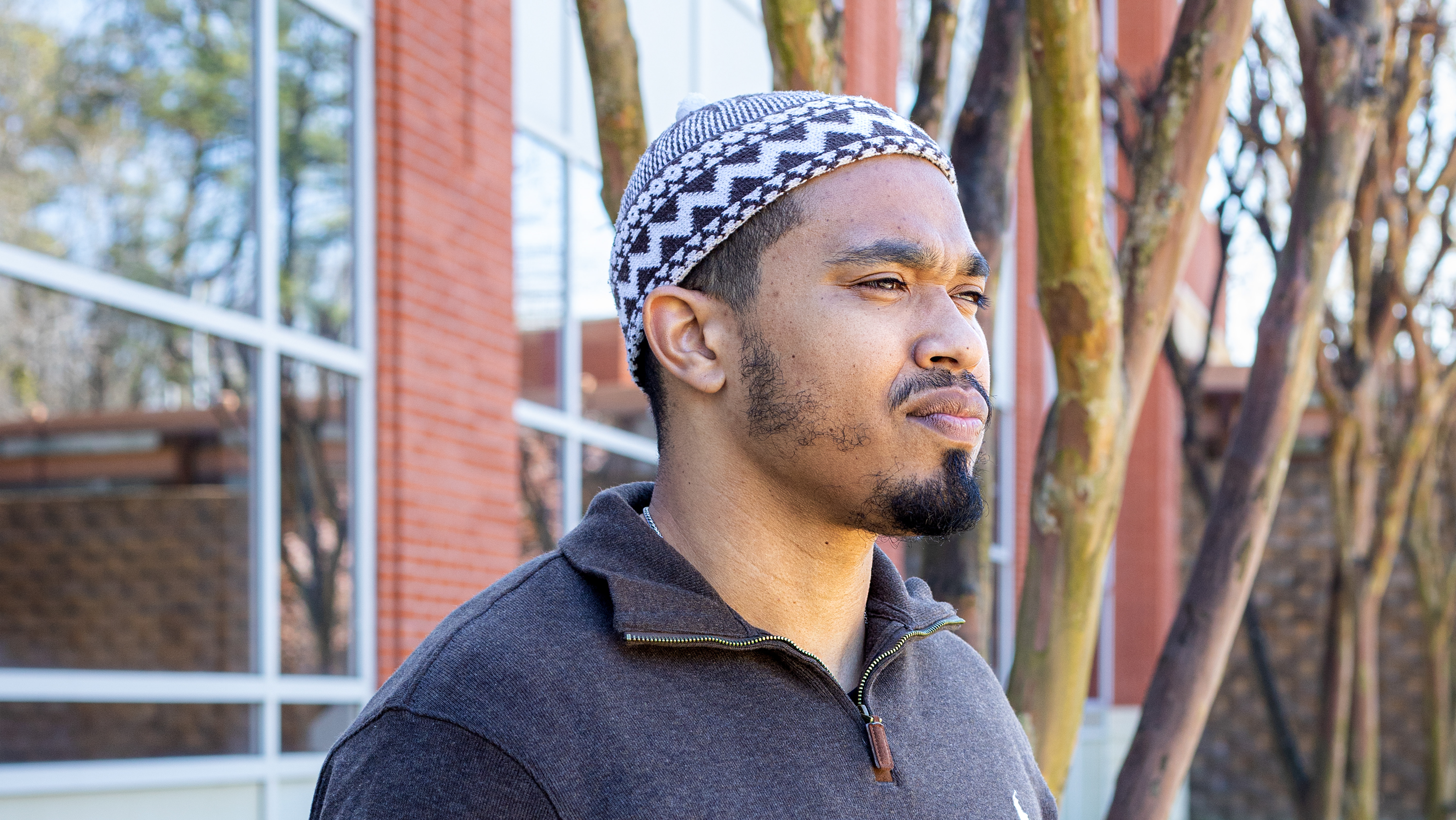Sterling relaxing after finishing un buen plato de sancoch (a good plat of Dominican stew) a Cafe Colao.
So, the funny thing about my house is that it where the culture bled through would only be when we were visiting my dad’s side of the family. I was born in New York, but my family then moved down to Virginia Beach, and of course my Dominican heritage existed in our house, but I never got to see how prominent it was or really understand it until we visited my dad’s family because you go to New York and it's like everyone is Dominican man. And it's like, okay, everything makes sense now. I think also seeing how drastically different lives my cousins and I were living made me curious to just learn more about that side of my culture
Growing up in Virginia Beach, we were in a predominantly black area and I noticed in some ways how my dad had to lean upon being black because you're perceived as black and have no choice but to, you know, lean into those perceptions sometimes. I could see how he was constantly trying his best to keep up with appearances and it's exhausting… You could tell that at some point he would just get exhausted.
Audio #1 (2:40 min)
The only people that were Latino in my community leaned more towards brown, indigenous… there weren’t any Afro-Latinos. So it was hard for me to view myself in that position. It just felt completely separate to me. My dad didn't teach me Spanish when I was growing up… he kinda tried, but then he kind of threw it out the window, which is something I am mad at him still to this day because I am learning now and it's hard. So it wasn’t really until I came to college that I started to find people like me, even down to the nitty gritty… man, like it actually makes you want to cry. Like, you know what I'm saying? It was in this space that I found my Afro-Latinidad. It's become integral to me and when I started seeing myself in that light, I started connecting with my family a lot more, both sides, with my sister more, with my friends more.
Audio #2 (1:00 min)
Today I identify as Afro-Latino because I want people to understand that part of me. There's just been a strong growth of people that are willing to connect with their culture more. Here, you know, when you look like this, people will categorize you and I am not for that… we're seeing a pushback on that, like a major pushback on that. And I'm, I'm fucking with it.
Audio #3 (1:00 min)
